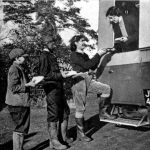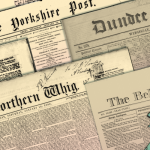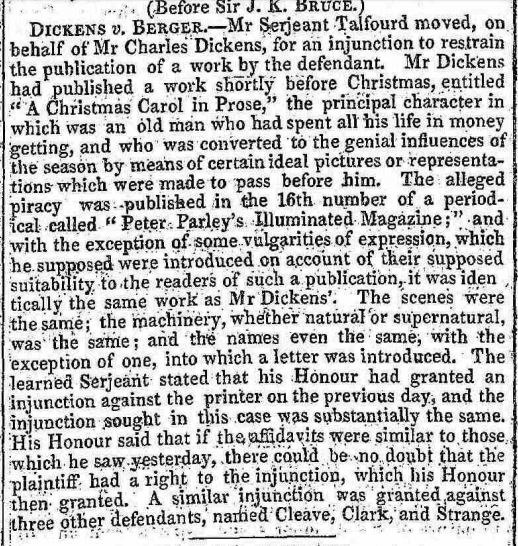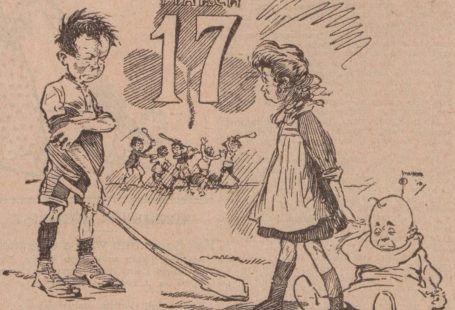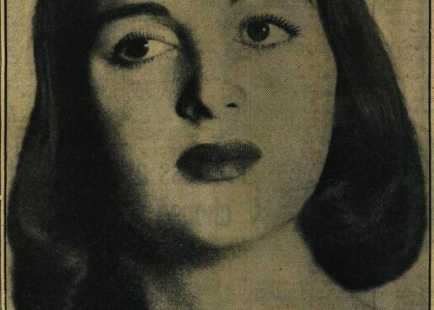This week The British Newspaper Archive is thrilled to announce the release of a brand new title, The Atlas or, in its full form, The Atlas and General Newspaper and Journal of Literature. The size of the paper caused a sensation when it first came out. The London based newspapers was printed on 40cm sheets, double the size of average papers, making it the largest newspaper. Its size was reflected in the price of 10d, which would be close to £5 today. The price was reduced over the years. The early edition was distributed free of charge by post to most of the countries in the British Empire and European countries, albeit those wishing to receive the paper at the Cape of Good Hope or in New South Wales had to pay an additional penny.
Formation
The Atlas was first established in 1826 by Robert Stephen Rintoul, who also became its first editor. He brought with him an elite team of journalists and critics. Its main proprietor was Lord Punmure, Douglas Kinnaird.

Robert Rintoul’s obituary in the Dundee, Perth, and Cupar Advertiser explains Rintoul’s role in the beginning of The Atlas. After disagreements with Kinnaird and the other proprietors, Rintoul left The Atlas two years later to begin The Spectator. This change in editorship and the emergence of a competitor led to a decline in The Atlas’ circulation.
The paper operated from 1826 to 1869. In the 1850s it was sold to Manchester’s United Kingdom Alliance, an organisation dedication to the promotion of temperance. In 1862, it changed its name for three years to The Englishman before returning to its original title.
Areas of interest
The Atlas comprised a mixture of national and international social and political news, along with literary, theatre, and music reviews. According to the Dictionary of Nineteenth-century Journalism in Great Britain and Ireland, The Atlas, ‘which was illustrated by engravings, covered a number of different departments. These included criticism, reviews, foreign and British news, parliamentary debates, literary correspondence, music and theatre sections, scientific notes and finance. Its political orientation was Benthamite, liberal and Whig’.
Some of the contributors to the paper included William Hazlitt, one of the finest art critics; Leigh Hunt, an essayist, critic, and poet; and George Henry Lewes, a philosopher and theatre and literary critic. The paper printed abstracts from other leading journals and magazines. Each edition began with a section titled ‘The Politician’, which included a range of opinions from the leading papers and journals. In May 1833, the paper introduced a new section devoted to news from India.

1830-1838
The British Newspaper Archive’s first release of The Atlas contains editions of the paper from 1830 to 1838. When the BNA finishes digitising this title, it will have the full run from 1826 to 1869. This first batch of 8 years includes historical events such as European revolutions, Greek independence, the coronation of two British monarchs, and the burning of Parliament.
The Destruction of the House of Lords and of the House of Commons

Coronation of Queen Victoria
The Atlas reprinted details of the coronation day from The Times and the Morning Chronicle.

Charles Dickens
The Atlas was known for its literary, theatre, and music reviews. In 1837, it printed a review of Charles Dickens’ Oliver Twist.

‘We are well disposed to think that Mr Dickens has developed an entirely new vein in this strangely ludicrous yet strangely affecting story of Oliver Twist. It has an air of reality throughout it that seizes upon the imagination in spite of the unaccustomed scenes, and curious colloquies through which it conducts us, and the touches of rude pathos, here and there, rendered all the more melancholy by the broad fun in the midst of which they come upon us, are so natural that we close the periodical chapters of poor Oliver’s career with impression of a kind of life, the veracity of which, unfamiliar as it is, we cannot venture to doubt.’
Subscribe today to read more from The Atlas



